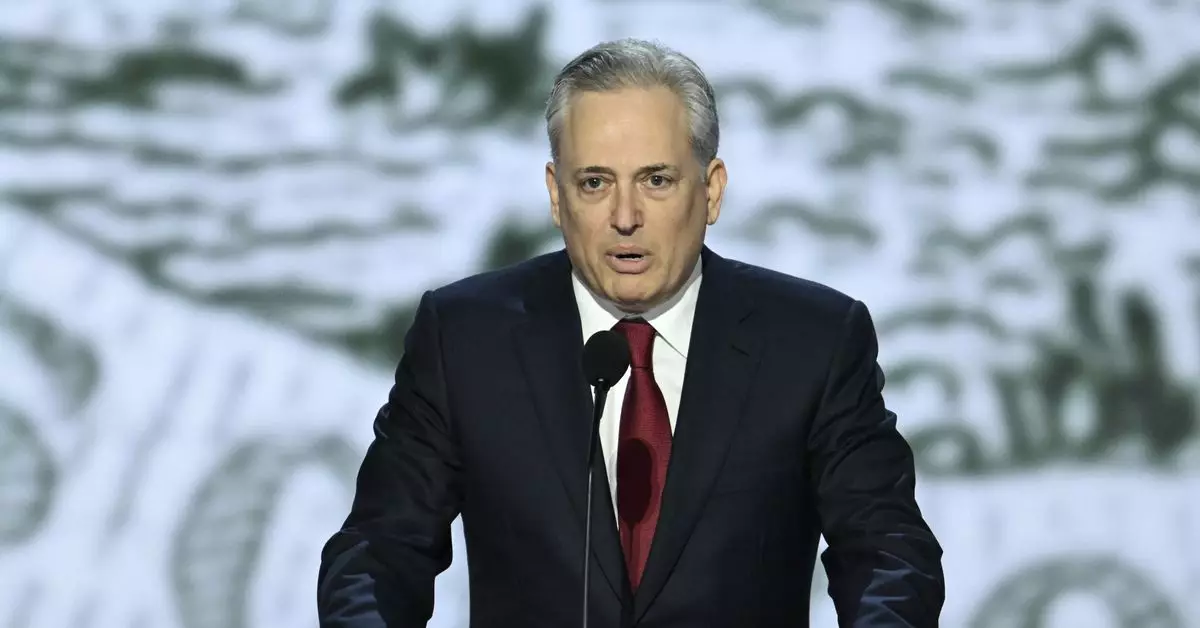The recent announcement by President-elect Donald Trump regarding the appointment of David Sacks as the “White House A.I. & Crypto Czar” has sparked considerable debate in both political and technological circles. Sacks, who is well-known for his close association with the PayPal mafia and his influence as a venture capitalist, will be stepping into a position that blends immense responsibility with the complexities of emerging technologies. His role suggests a significant shift in how the U.S. government might engage with both artificial intelligence and cryptocurrency, aiming for a future where America retains its competitive edge.
Sacks is no stranger to the tech ecosystem, having played a pivotal role at PayPal alongside notable figures such as Elon Musk. This connection speaks volumes about his credibility in tech circles but raises questions about “big tech” entanglements with the government. Sacks’ fundraising efforts for Trump’s campaign, including a lavish dinner with a hefty price tag, hint at potential conflicts of interest, particularly for someone tasked with navigating the balance between innovation and regulation in these dynamic sectors. Moreover, Sacks’ ties to Musk, who has recently taken on a significant role in governmental operations, underscore a growing intertwining of technology and political power.
In his new position, Sacks is expected to tackle two pivotal areas: artificial intelligence and cryptocurrency. Trump has outlined ambitious goals for his office, specifically targeting the establishment of the United States as a frontrunner in these fields. This comes at a crucial time when AI and digital currencies are reshaping industries and economies globally. By focusing on deregulation in the crypto space, Sacks may help foster an environment conducive to innovation while ensuring that essential safety measures are in place. The mention of safeguarding free speech and countering perceived bias raises further implications about how these goals will be achieved and who determines what constitutes acceptable online discourse.
As a “special government employee”, Sacks will hold a unique position that allows him to serve up to 130 days a year without the burden of divesting or disclosing his private holdings. This exemption prompts an essential discussion about transparency and accountability, especially concerning influence over public policy. Critics may point to this arrangement as a potential loophole that could prioritize personal gain over public interest, particularly in sectors already under scrutiny for monopolistic or restrictive practices.
As David Sacks steps into his new role, the implications of his influence on U.S. policy regarding AI and cryptocurrency will be watched closely. The intersection of technology and governance has never been more apparent, and Sacks represents a lineage of innovators now occupying positions of power. While some industry leaders applaud his appointment, viewing it as a step towards enlightened policy-making, others express concern about the potential commodification of public service and accountability. The coming years will reveal whether Sacks can navigate these treacherous waters to foster a truly innovative and fair technological landscape for all.

